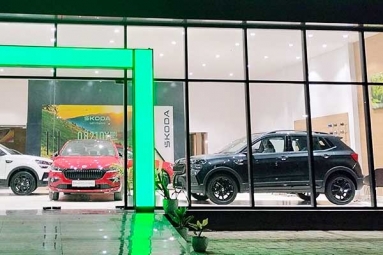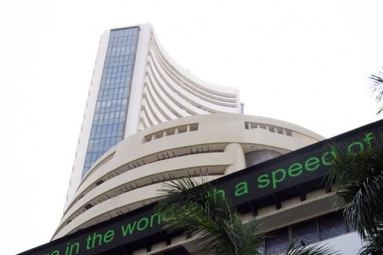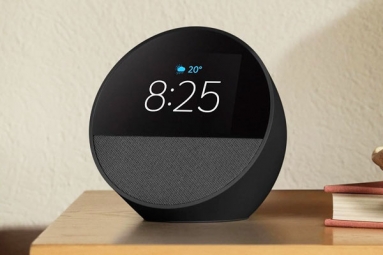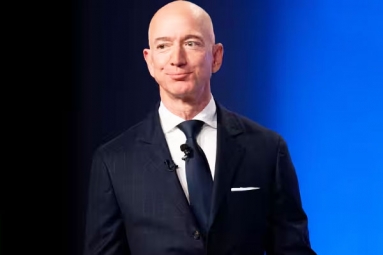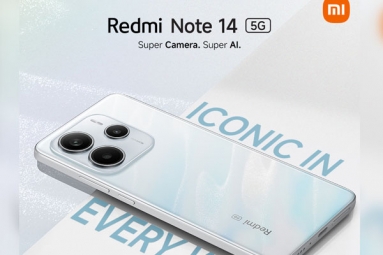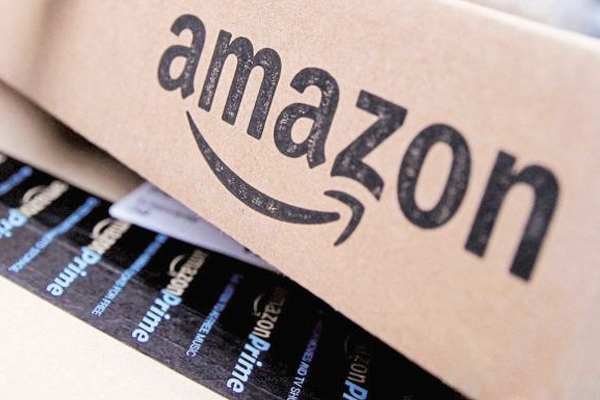
When Jeff Bezos put on a bandhgala jacket two years ago and posed for photographs in India, he had not just been promoting Amazon.com Inc.'s business in the country, but also putting the reputation on the line to break into the emerging e-commerce market.
Bezos's protégé Amit Agarwal has been trying to make Amazon the country's top online store by sales ahead of the Diwali shopping season, with 80 million products for sale, 120,000-plus merchants and more than two dozen warehouses. The "festival of lights," the run-up to the celebration is India's biggest retail event, when ccustomers buy from clothes and electronics to jewelry and cars. According to RedSeer Consulting, Indians will spend as much as $1.7 billion online during Diwali this year, .
Flipkart Ltd., India's top web retailer, and local rival Snapdeal, are well aware that they have been facing a critical test this year amid Amazon's onslaught. All three have been flooding newspapers, billboards and TV shows with ads and are offering discounts for Diwali. At stake is the future of India's online shopping market, as well as Amazon's global expansion plans, which had faltered after it failed to conquer China.
Haresh Chawla, a Mumbai-based partner at private equity firm India Value Fund Advisors and an angel investor, "This season could decide who'll be the ultimate winner. The loser will get unnerved and the victor can build internal confidence and rally the troops for the bigger game."
Reaching consumers in India had never been easy. There are 22 official languages, and consumption habits differ from place to place. On top of that, there have been supply chain inefficiencies, high real estate costs, lack of skilled workers, along with poor infrastructure and labyrinthine regulations.
Even so, the prospect of becoming the main web store in a country of 1.25 billion people who are just learning how to shop online has been tantalizing. RedSeer consultancy Pvt. estimates that annual online sales will be $80 billion to $100 billion by 2020 from the current estimate of about $13 billion.
Mrigank Gutgutia, who covers consumer internet trends at the Bangalore-based researcher said, "Barely 2 percent of the population shops online. It is still only the tip of the India e-commerce iceberg."
Also Read: India gears up to invest $2 billion in Sri Lanka!
By Prakriti Neogi






